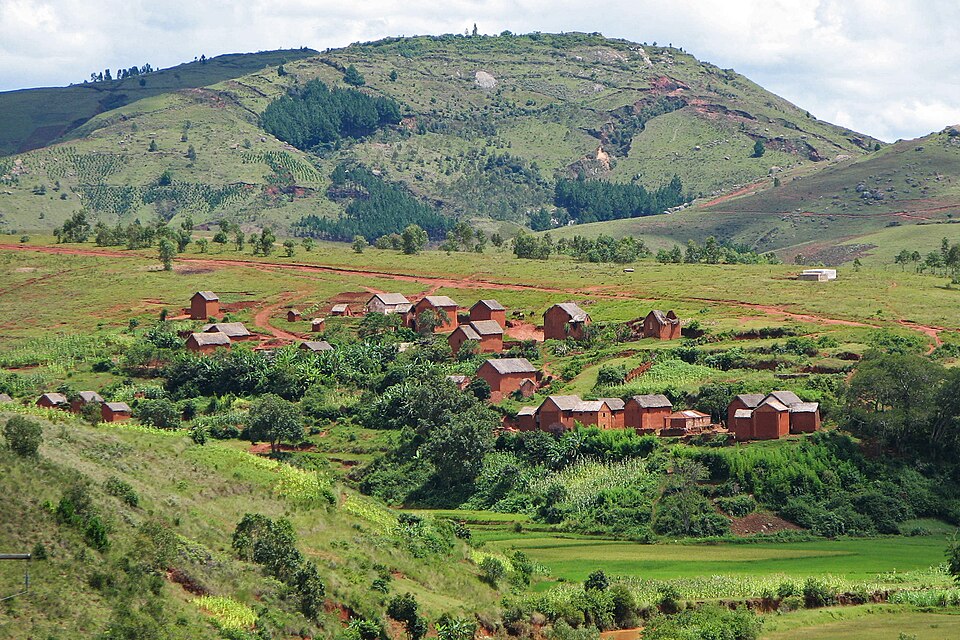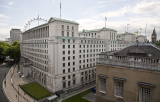
Madagascar has been suspended from the African Union after a military takeover that removed President Andry Rajoelina from power. The army’s commander, Colonel Michael Randrianirina,
is set to be sworn in as the country’s new president on Friday, following one of the island nation’s most dramatic political crises in years.
The upheaval began on Tuesday, when Madagascar’s elite Capsat army unit seized control shortly after parliament voted to impeach Rajoelina. The president reportedly fled the country as protests in the capital, Antananarivo, grew more intense.
Madagascar now joins a growing list of former French colonies—including Mali, Burkina Faso, Niger, Gabon, and Guinea—that have experienced military takeovers since 2020.
Randrianirina, who has been confirmed as interim president by Madagascar’s top court, defended the army’s move.
“It wasn’t a coup,” he said. “It was an act of responsibility because the country was on the brink of collapse.”
He promised a return to civilian rule within two years, with elections expected in 18 to 24 months. In the meantime, he said, the military plans to rebuild national institutions and form a new government, with discussions already underway to appoint a prime minister. The transition will be overseen by a joint committee of officers from the army, gendarmerie, and police.
A statement shared by state television said Randrianirina will be sworn in on 17 October “as president of the refoundation of the Republic of Madagascar” during a special ceremony at the high constitutional court.
Randrianirina, once imprisoned in 2023 for allegedly plotting a coup, has long been a critic of Rajoelina’s government. His sudden rise to power has drawn swift international condemnation.
The African Union announced the country’s immediate suspension, while the United Nations voiced “deep concern over the unconstitutional change of power.”
France urged respect for “democracy, fundamental freedoms, and the rule of law,” and Germany called for “caution in this confusing situation.”
Russia added its own appeal for “restraint and the prevention of bloodshed.”
The Southern African Development Community (SADC), where Rajoelina had held the rotating presidency, also expressed concern over the developments.
Despite the tense backdrop, Antananarivo remained relatively calm on Wednesday evening. A concert took place at the symbolic Place du 13 Mai—just days after the square had been the scene of clashes between protesters and security forces.
Much of the recent unrest has been driven by Gen Z activists, who began demonstrating in late September over chronic water and electricity shortages. Their movement quickly evolved into broader calls for political change and accountability.
In a Facebook post, the Gen Z movement welcomed Randrianirina’s willingness to engage with young people, reiterating demands for “systemic change.”
“We’re worried about what comes next,” said Fenitra Razafindramanga, captain of Madagascar’s national rugby team, “but we’re savouring this first victory that gave us hope.”
In the northern city of Antsiranana, some citizens expressed relief at Rajoelina’s removal. Photo by Bernard Gagnon, Wikimedia commons.









































